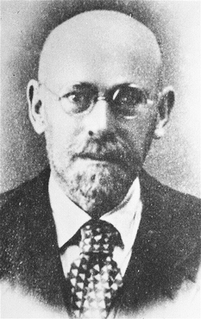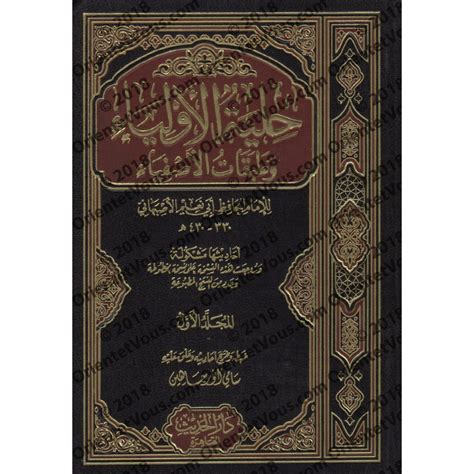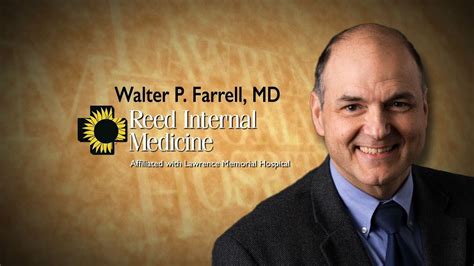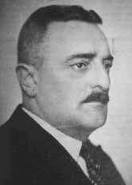A Quote by Janusz Korczak
The court does not fly off the handle. It does not shout abuse. It speaks calmly.
Related Quotes
The believer speaks little and does a lot, whereas the hypocrite speaks a lot and does little. When the believer speaks, it is with wisdom, when he is silent, it is in deep thought, when he sees, he takes lessons, and when he acts, it is a cure. If this is the way you are, then you are in the constant worship [of your Lord.]
While the president is to nominate that individual [to Supreme Court], we in the Senate must provide our advice and consent. This function is not well-defined. The Constitution does not set down a road map. It does not require hearings. In fact, it does not even require questioning on your understanding of the Constitution nor the role of the Supreme Court.
...the best figurative poetry speaks not to the frivolous intellect, but (if anything does) straight to the heart; and does it better than plain prose. There seems then to be something which is better said with metaphor than without, which goes straighter to its mark by going crooked, and hits its aim exactly by flying off at tangents.
How does newness come into the world? How is it born? Of what fusions, translations, conjoinings is it made? How does it survive, extreme and dangerous as it is? What compromises, what deals, what betrayals of its secret nature must it make to stave off the wrecking crew, the exterminating angel, the guillotine? Is birth always a fall? Do angels have wings? Can men fly?
Some people say What's the use of the term if it has to be so fully documented and constrained and footnoted and all the rest. My response to that is: there is no theological word that does not have to be similarly footnoted and constrained: justification, spirit, sanctification etc. Any term can be distorted or domesticated or fly off the handle because of another alien philosophical structure that's imposed on the text and so on. Inerrancy is no different from what we find in every other theologically loaded word.



































